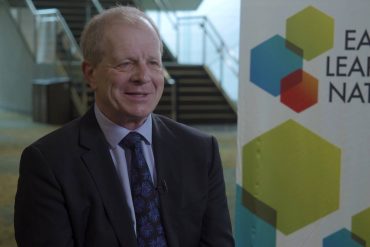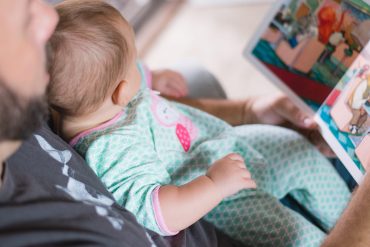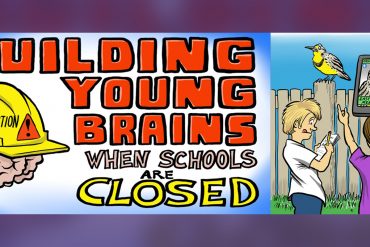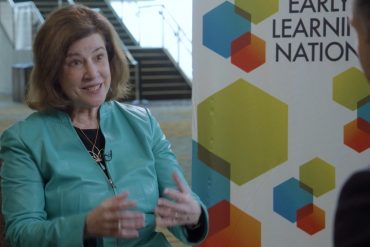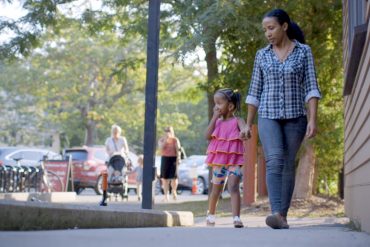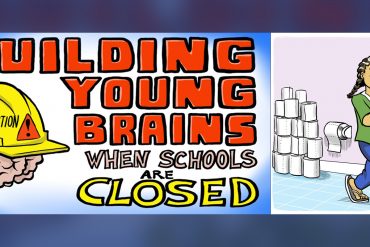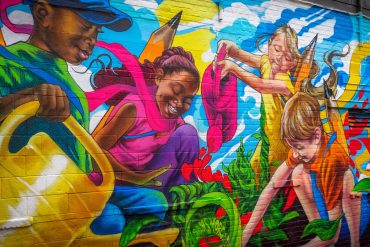How and why do children become aggressive – or even violent? How can we understand the true causes – and recognize the signs – before they take hold? Kenneth A. Dodge, Pritzker Professor of Public Policy at Duke University explains the important research that can help children and families. Filmed for Early Learning Nation’s Mobile Studio at the Society for Research in Child Development’s biennial meeting in Baltimore, MD, on March 22, 2019. #SRCD19
Erikson Institute’s New, Fully Funded Master’s Program for Educators of Color in Chicago
Applications Due April 21 for Educator Impact Grants
Erikson Institute’s new Master of Science in Early Childhood Education (MSECE) licensure program is designed to prepare teachers to teach...
The COVID-19 pandemic continues, and you’re at home with the little ones. We’re still here for you. Earlier we shared...
Researchers presenting at the recent 2019 Zero to Three conference detailed a program that studies have found effective in treating...
Building Young Brains When Schools Are Closed, Part 3: Outdoor Tips and Activities
Our Top Tips for Parents and Caregivers
This is part 3 of a a three-part series. Read Part 1 (Offline Activities) and Part 2 (Online Tips). In...
From “helicoptering” to “snowplowing,” parents are often tempted to simply remove obstacles from children’s way, preventing them from learning how to deal with challenges themselves. Instead, as Ellen Galinsky, Bezos Family Foundation Chief Science Officer and Founder/Executive Director of Mind in the Making, explains, the better approach is to build “Autonomy Support” – helping children gain the independence skills they’ll need to become successful adults. Filmed for Early Learning Nation’s Mobile Studio at the Society for Research in Child Development’s biennial meeting in Baltimore, MD, on March 22, 2019. #SRCD19
Summer travel is a whole other thing when you’re a parent of young children. The rest and relaxation you’ve been...
The Founding Fathers built competition among the states into our system of government. With 50-plus laboratories for democracy, we’re bound...
Jackie Counts, director of Kansas University’s Center for Public Partnerships and Research (CPPR), likens the early childhood continuum to the...
Building Young Brains When Schools Are Closed, Part 1: Offline Activities
Three-part Series Offers Top Tips for Parents and Caregivers
This is part 1 of a a three-part series. Read Part 2 (Online Activities) and Part 3 (Outdoor Tips). We...
Our Child Care Facilities Are in Crisis But There Are Solutions
Business, Nonprofits, Chambers of Commerce Build Coalitions
In the morning, as children dash into their preschools and home-based care sites, hanging coats and finding favorite toys or...
The days of shushing kids in museums are long gone. Now, museums large and small, which once earned reputations for strict enforcement of “no talking,” “no touching” and “no fun” rules for kids, actively court families and kids with free days, family memberships, activities, tours and programs, all designed to celebrate and discover art and the creative spirit.


